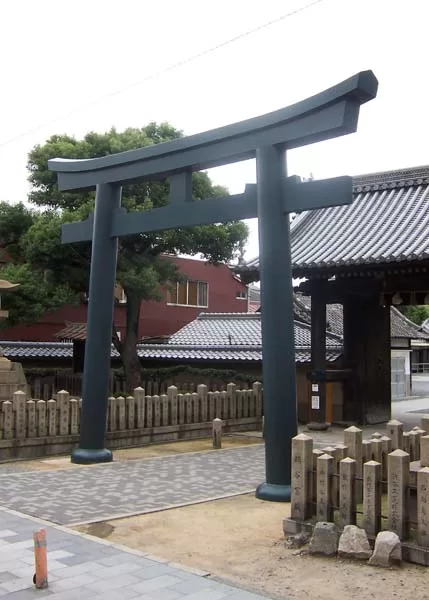Kifune Shrine Celebrates Annual Kifune Festival

The Kifune Shrine in Kyoto, an abode of water gods for more than a 1000 years, recently celebrated its most important event, the annual Kifune Festival. This yearly event, deeply connected to the deified water gods, brings locals together in prayer and celebration, much like it has done over generations.
Ceremonial Beginnings: A Blend of Tradition & Culture
The festivities commence with morning rituals at the main hall of the Kifune Shrine and messages communicated to the enshrined deities—the local water gods—in the shrine’s inner sanctuary. It’s one of most awaited Kyoto events in June.
Maintaining the age-old tradition, the gods’ “wardrobe” is changed to represent the season’s transition. Here, Japanese traditional music and dances form a significant part of the offering. Over time, this section has transposed into representing cultural affinity, occasionally featuring famous works from different cultures as offerings to the deities.
Rising Sun Sparks Festival Rigor
As afternoon drew close, the golden mikoshi portable shrine, paraded amongst fresh foliage, projected an auspicious aura over Kifune village. Signifying peace and prosperity for all worshippers and parishioners, it was carried by participants of this grand event from the main shrine to the inner shrine.
The procession involving movement of Omikoshi (portable shrine), creates a lively atmosphere with chants heightening enthusiasm around an already animated crowd—much akin to traditions stretching back centuries.
Ensuring Future Generations: A Unique Prayer Ritual
Attracting attention at the festival is a unique prayer ceremony known as ‘sendo-mairi’. As part of this ritual, children walk around a sacred boat-shaped stone praying for their health and growth. Visitors are also encouraged to actively be a part of such rituals throughout this day-long celebration that combines faith with community participation.
The Izumo Kagura: A Performance Rooted in History
One of the highly anticipated sections of this festival is a performance by kids enacting an ancient tale related to God Susano’o—a favorite among locals. It represents noble ancestry entwined with mythological beings where God Susano’o saves an old couple’s last remaining daughter from a multi-headed snake beast.
As part of this exquisitely choreographed performance called Izumo Kagura, contemporary elements like pyrotechnics are teamed with traditional costuming illustrating how modern updates have been seamlessly woven into historical performances–a testimonial that traditions remain alive while adapting to changing times.
Water Gods as Givers of Life
Known as Taka Okami-no-Kami, these enshrined deities control rainfall thereby addressing farming needs—a lifeline for many local dwellers around Kifune Shrine. They are worshipped annually for bestowing life’s primary necessity—water—and ensuring abundant harvests through favorable farming weather.
For nearly four decades now, head priests along with shrine parishioners from Shimane Prefecture perform Shinto music and dance during these festivities–a testament of faith passed down generations.
This celebration reaffirms not just faith in divine intervention but also stands testimony to how communities come together fostering cultural continuity along various generations. The annual Kifune Festival—which comes to end after about seven hours—is more than simply honoring divine entities; it signifies hope closer home.
By the way, if you’re visiting Kyoto in June, take advantage of the vibrant Toji Kobo Market held at Toji Temple on the 21st of every month! This market has been a beloved tradition for over 700 years, attracting around 1,000 stalls offering textiles, antiques, ceramics, and mouthwatering food.